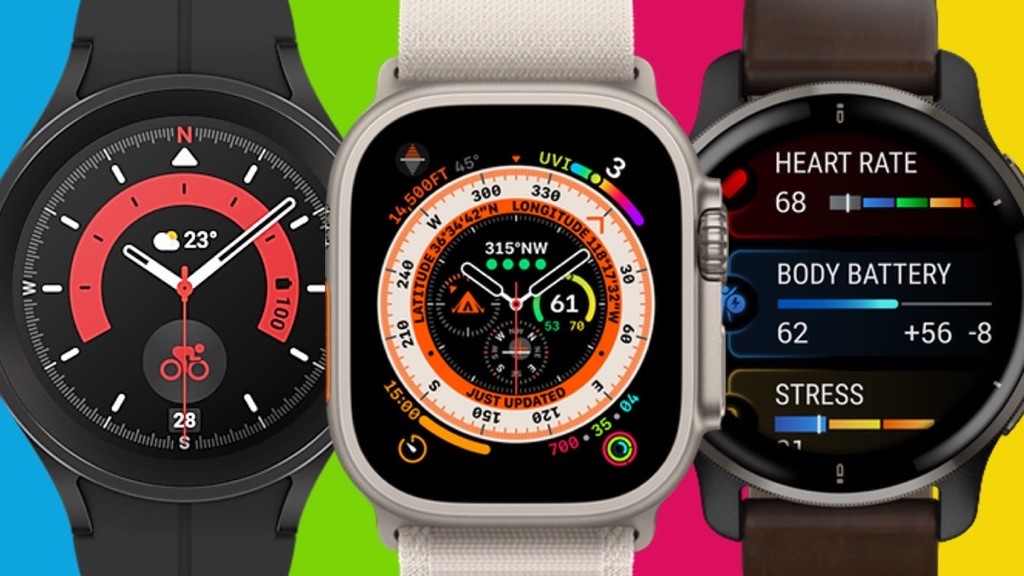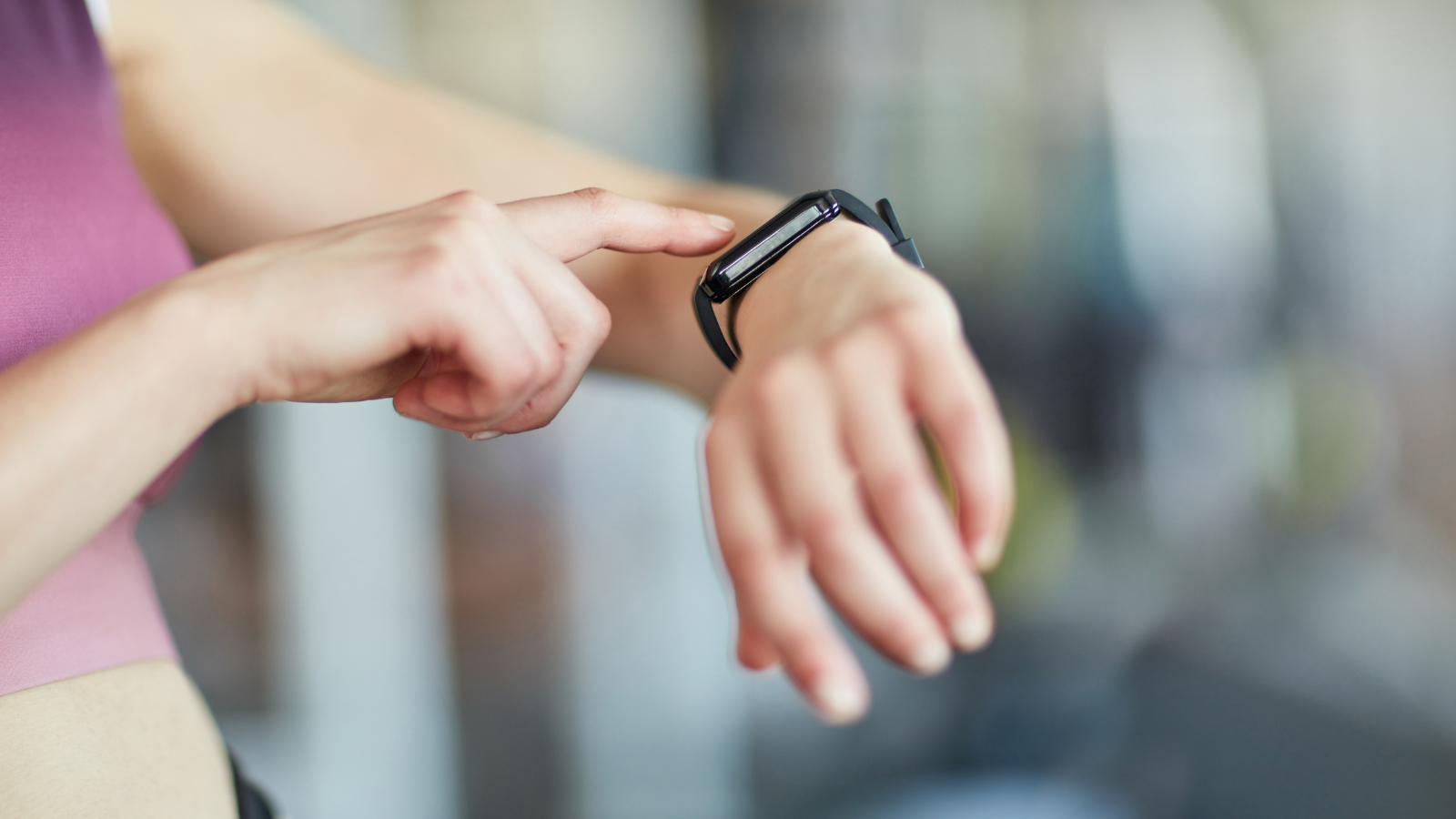There is a vast choice, and it is hard to put into categories that you might agree with. A chest strap could be more accurate than a wrist strap or ring, for example, but harder to wear. The additional functions you want may also help- Heart rate recovery (HRR) and heart rate variability (HRV) are functions I have been recently asked about recently. A worry about your health or to diagnose palpitations will need a different device to one that needs to track your fitness levels or your sleep quality.
Here is my personal way to do group them. I am not taking about medical grade devices that could be used in a clinic or emergency setting.
1. Smart watches eg Apple, Samsung, Withings, which can take a single lead ECG with a touch of the watch, but track Heart Rate, oxygen level, activity continuously.
Pro: Sensitive
Con: expensive , less specificity , and battery life is a limitation - you will need to charge them every day
2. Heart Rate and rhythm without ECG eg Whoop, Fitbit , Polar
Pro: good for fitness and trends- could we warn constantly, battery life is good
Con: not an ECG, variable HR accuracy and AF detection
3. On the chest wearables eg
- onto your smart phone eg Garmin, Polar
Pro: good for fitness and trends- more accurate for heart rate
Con: not an ECG
4. Monitoring of ECG when you use it- eg Kardia, Wellue . These can take single lead ECGs or more!
Pro: it is an ECG
Con: only when you are touching it- it is not the same as a continuous monitor.
5. Rings that can track heart rates eg Gloring , Oura, ArcX, circular.
Pro: on 24/7, small , constantly wearables and unobtrusive. some can do BP also!
Con: not an ECG- except one company
For more information:
A review of stand alone heart rate monitors:uk.pcmag.com

For information on smart rings:
wareable.com

For information on smart watches:
wareable.com





